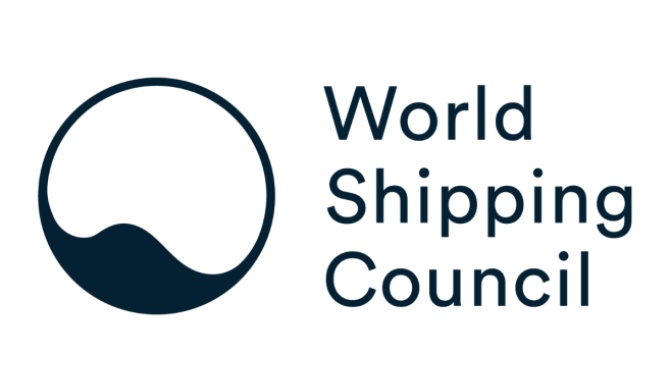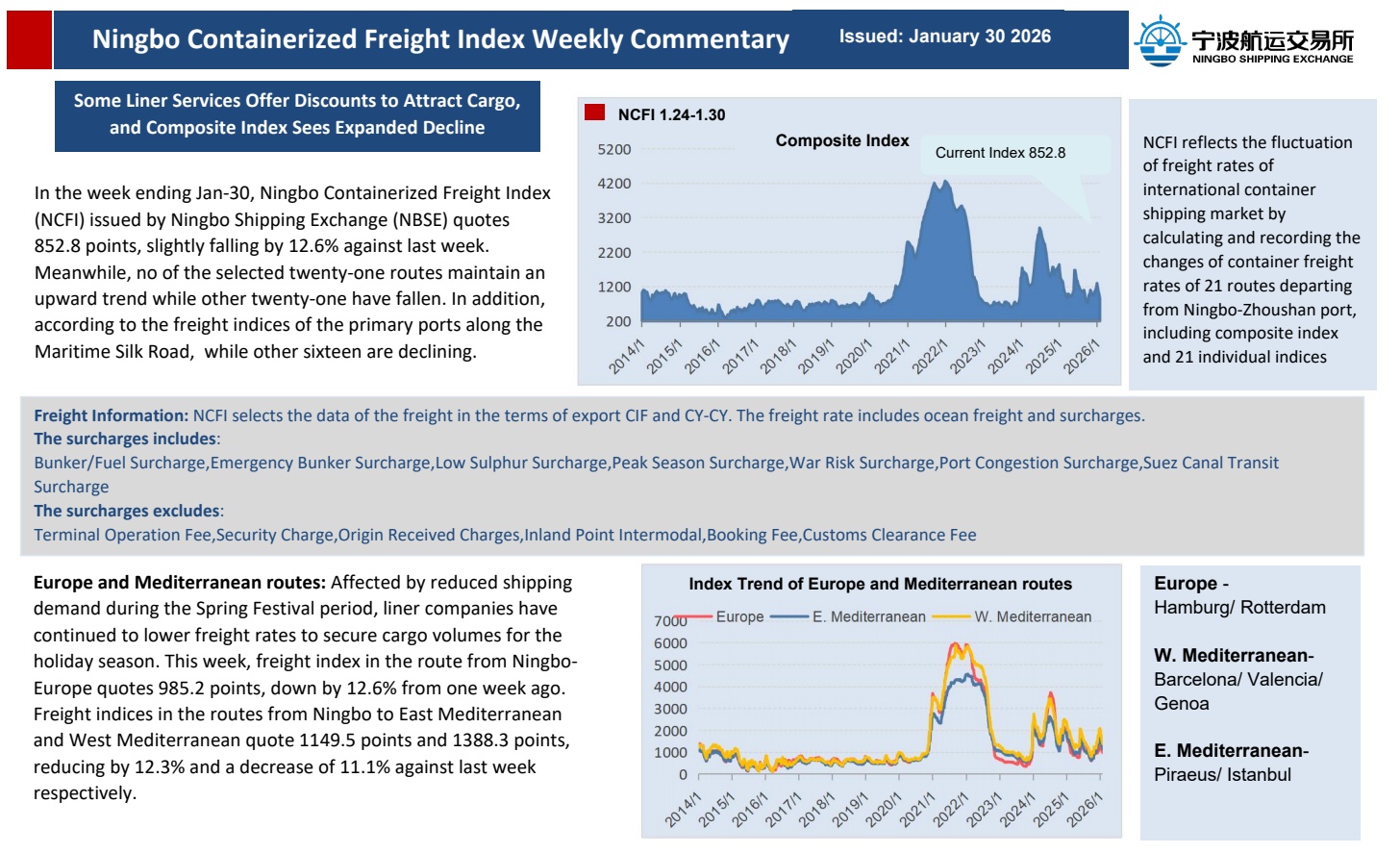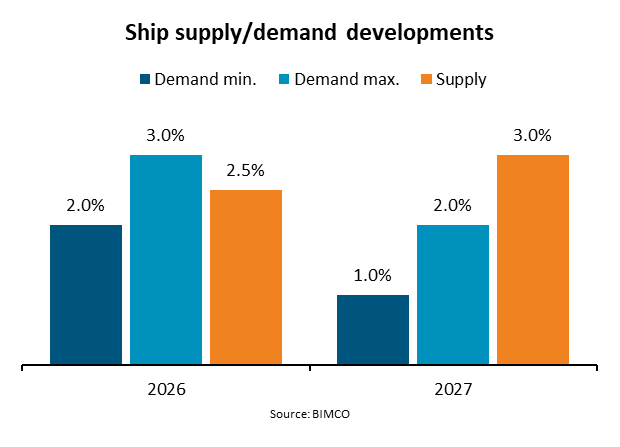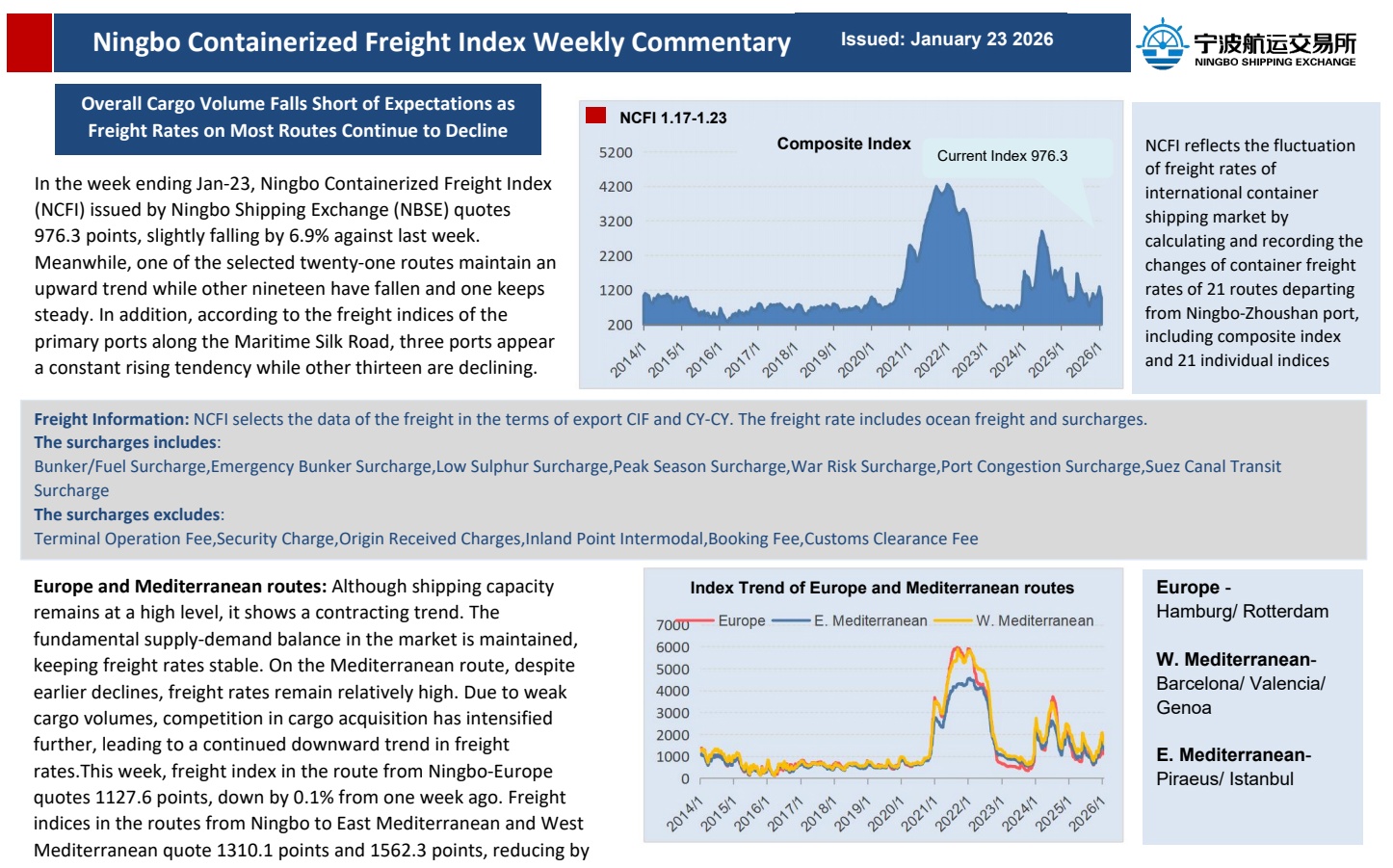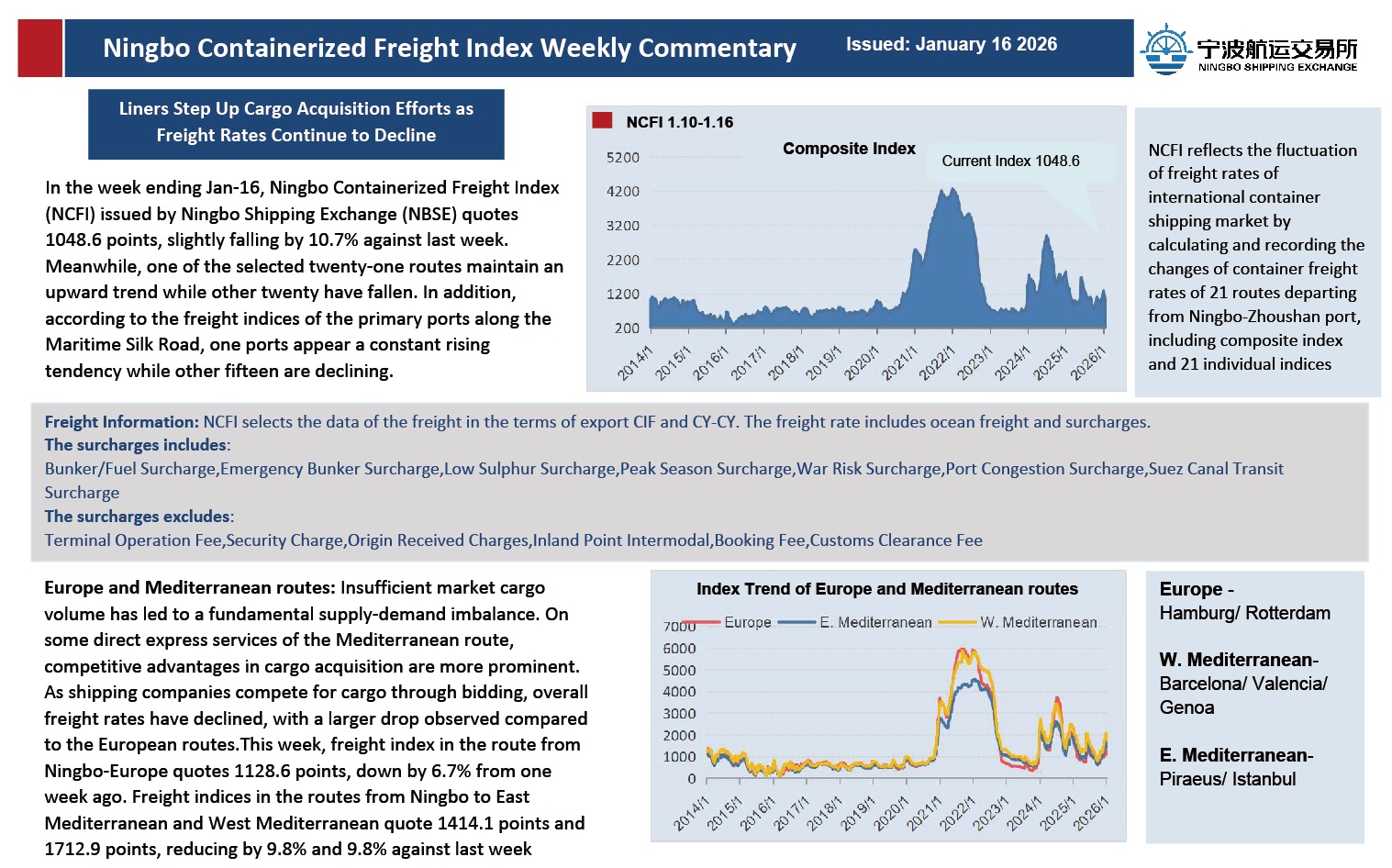Large scale changes identified in report include key ports becoming unusable due to climate change, a surge in the percentage of women in the workforce, and African nations becoming the world’s main suppliers of seafarers.
The maritime industry must improve its forecasting to prepare for a range of possible futures, according to its leading classification society.
Lloyd’s Register and Lloyd’s Register Foundation have called on shipowners and other supply chain stakeholders to increase their ability to deal with significant changes and possible future scenarios - developed in a new report presented at London International Shipping Week.
The report, “Global Maritime Trends 2050”, authored by Economist Impact, is part of a new joint multi-year Global Maritime Trends programme between Lloyd’s Register and Lloyd’s Register Foundation.

Significant changes the report identified include:
The maritime industry must improve its forecasting to prepare for a range of possible futures, according to its leading classification society.
Lloyd’s Register and Lloyd’s Register Foundation have called on shipowners and other supply chain stakeholders to increase their ability to deal with significant changes and possible future scenarios - developed in a new report presented at London International Shipping Week.
The report, “Global Maritime Trends 2050”, authored by Economist Impact, is part of a new joint multi-year Global Maritime Trends programme between Lloyd’s Register and Lloyd’s Register Foundation.

Significant changes the report identified include:
Some of the world’s largest ports becoming unusable due to sea level rises.
·The IPCC estimates that sea levels are expected to rise by 0.29m to 0.51m by 2100 in a business-as- usual scenario.
·The report shows that a 40cm rise by 2050 could possibly render the ports of Houston (US) Shanghai (China) and Lázaro Cárdenas (Mexico) unusable.
African nations becoming dominant sources of labour supply to the industry.
·The IMF has forecasted that Africa will have the world’s youngest median age by 2050, at just 25.
·As other regions face increasingly ageing populations, Africa will buck the trend. For industries like shipping, this means that new recruits may increasingly come from African countries, potentially supplanting traditional strongholds in Asia.
Women making up 25% of seafaring workforce by 2050 due to technological advancements
·In 2021, women accounted for less than 2% of the global seafaring workforce, according to the latest BIMCO/ICS Seafarer Workforce Report.
·But a technology-driven energy transition could see this rapidly increase by mid-century.
·By 2050, the need for more tech-savvy ship managers could enable more women to take on managing positions on land and at sea, as increasingly autonomous ships and systems call for oversight and monitoring rather than intensive manual labour.
The report analysed likely future scenarios for shipping in 2050, based on the speed of technology adoption and the level of global collaboration, to help the industry forecast risks, opportunities, and required investment.
It was presented at an event at The Gherkin during London International Shipping Week.
Nick Brown, CEO of Lloyd’s Register, said that the report and the wider programme which will help benchmark some of the findings, represented an excellent opportunity to prepare for change and take action. He commented:
“Other industries are much better at forecasting. The financial sector, for example, has a deep understanding of potential future scenarios and how to prepare for them, but shipping lags behind.
“From tackling the energy transition to sourcing the next generation of seafarers, we’ve allowed uncertainty to delay action for too long. Now we’ve created a way for the industry to get a much better idea of the future. It’s time for them to get on board.”
Ruth Boumphrey, CEO, Lloyd's Register Foundation, added:
“Shipping is deeply intertwined with geopolitical and macroeconomic challenges. Ships deliver 80% of the world’s trade and disruptions are felt acutely across the globe.
“Amid global supply chain uncertainties, the urgent need to decarbonise, the integration of new technologies, concerns about human rights and safety at sea, and the future of labour supplies, it’s crucial that those in the shipping industry do everything in their power to anticipate, mitigate, and overcome these challenges without causing harm elsewhere.”
The Global Maritime Trends 2050 research programme will include a series of ‘deep dive’ reports in which Lloyd’s Register and Lloyd’s Register Foundation will commission expert organisations to examine what is needed to create a safe and sustainable maritime sector, in the face of geopolitical, macroeconomic, technological, and other societal shifts.
Source: LR
The opinions expressed herein are the author's and not necessarily those of The Xinde Marine News.
Please Contact Us at:


